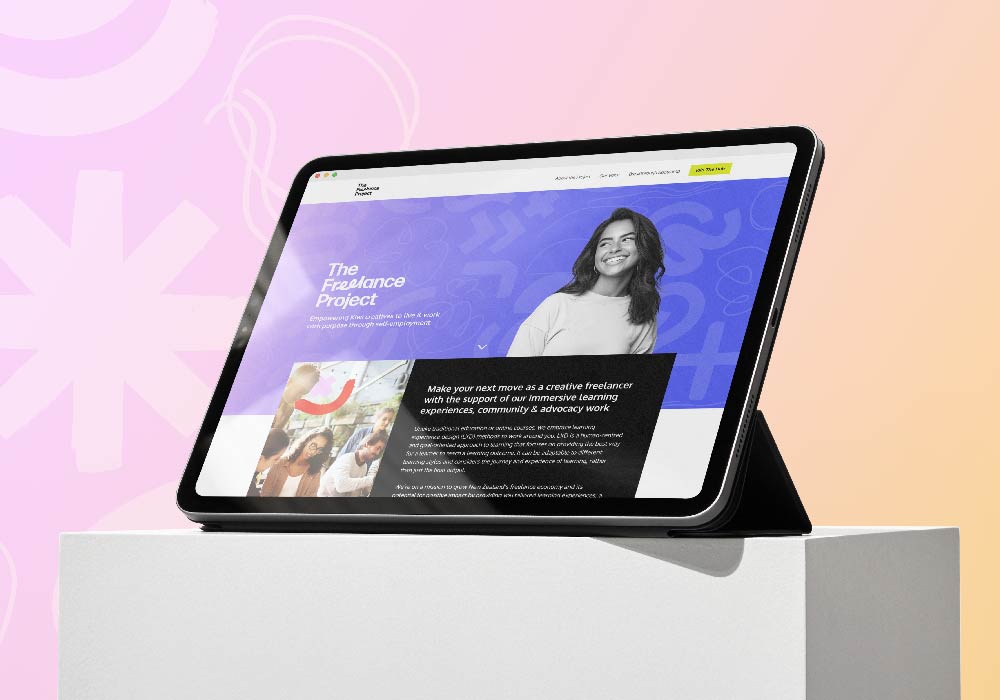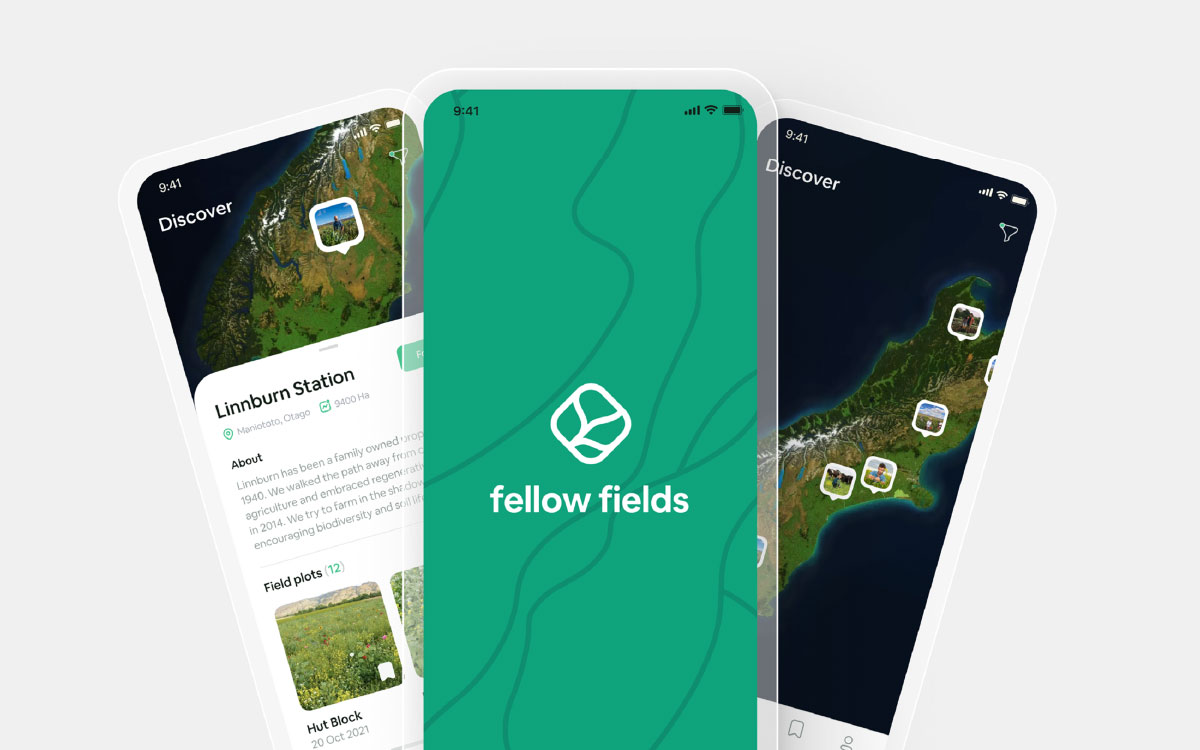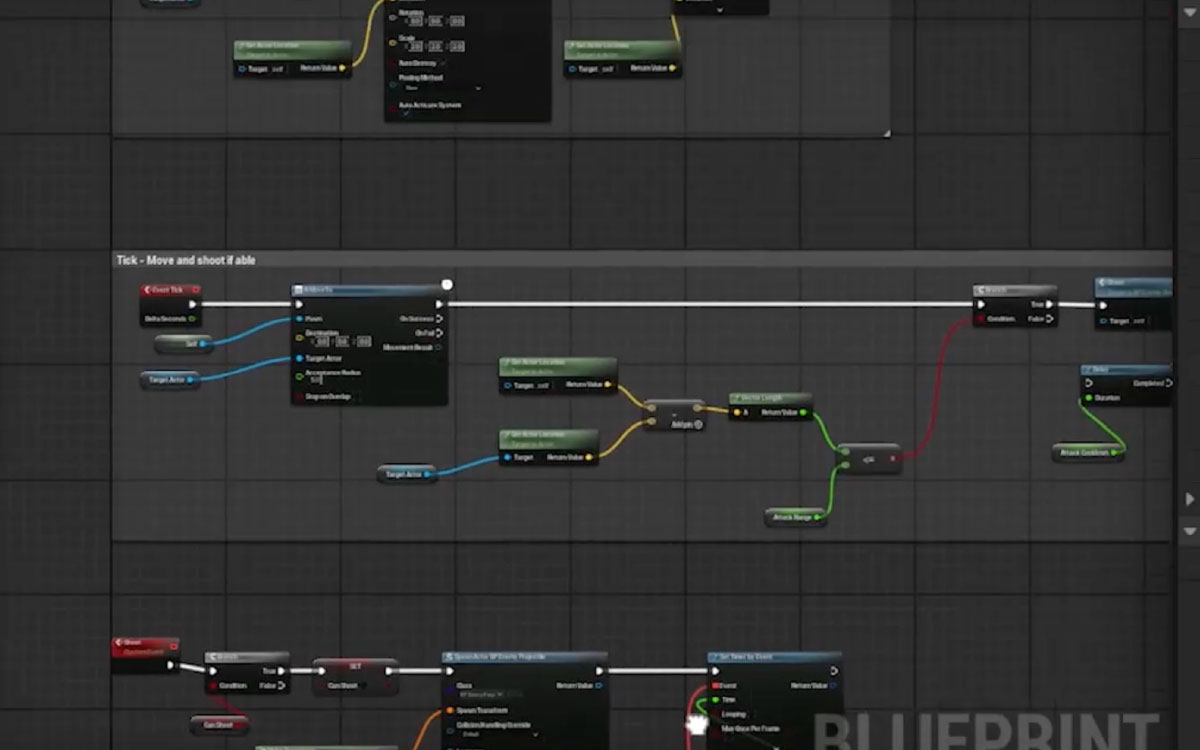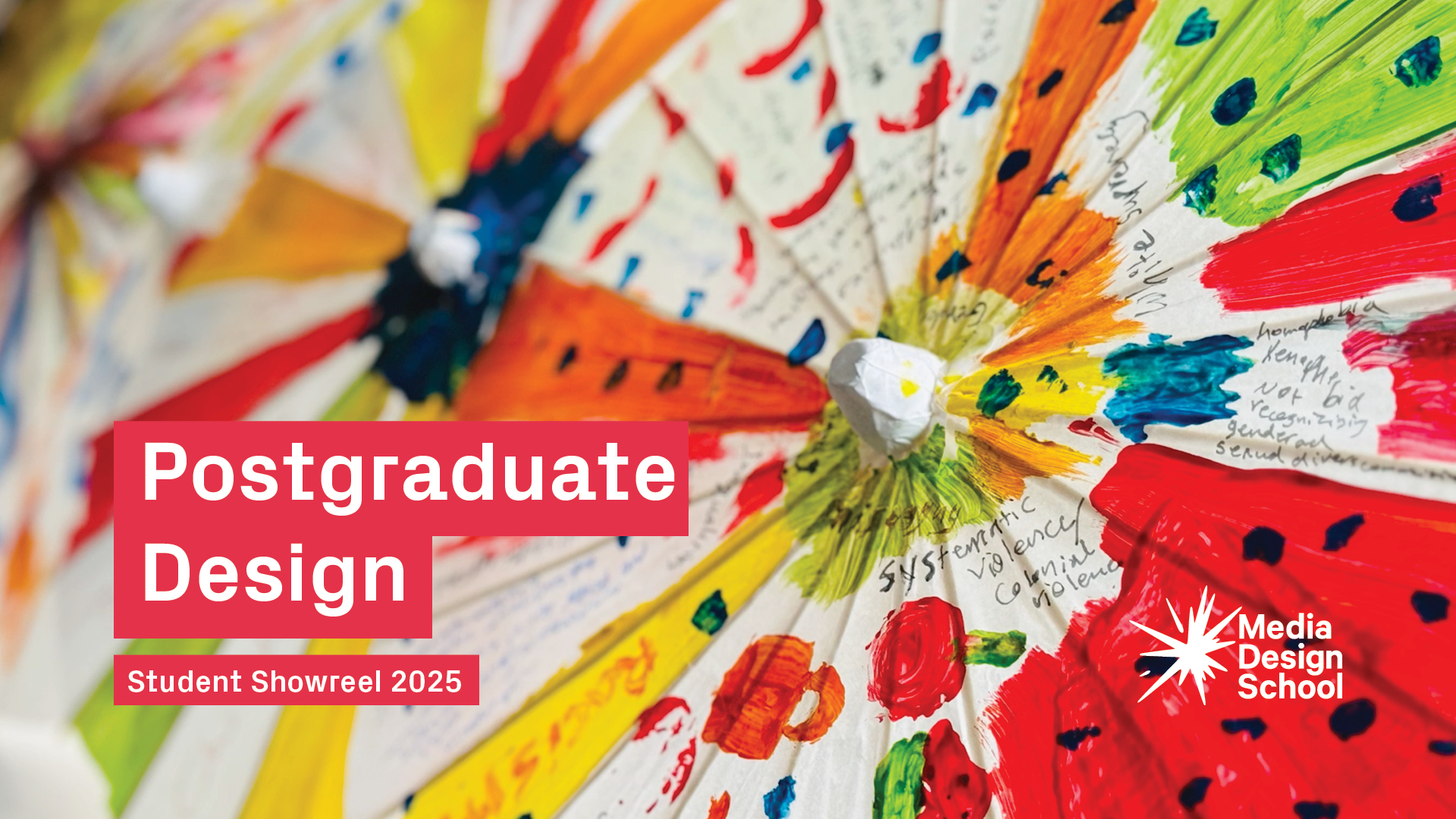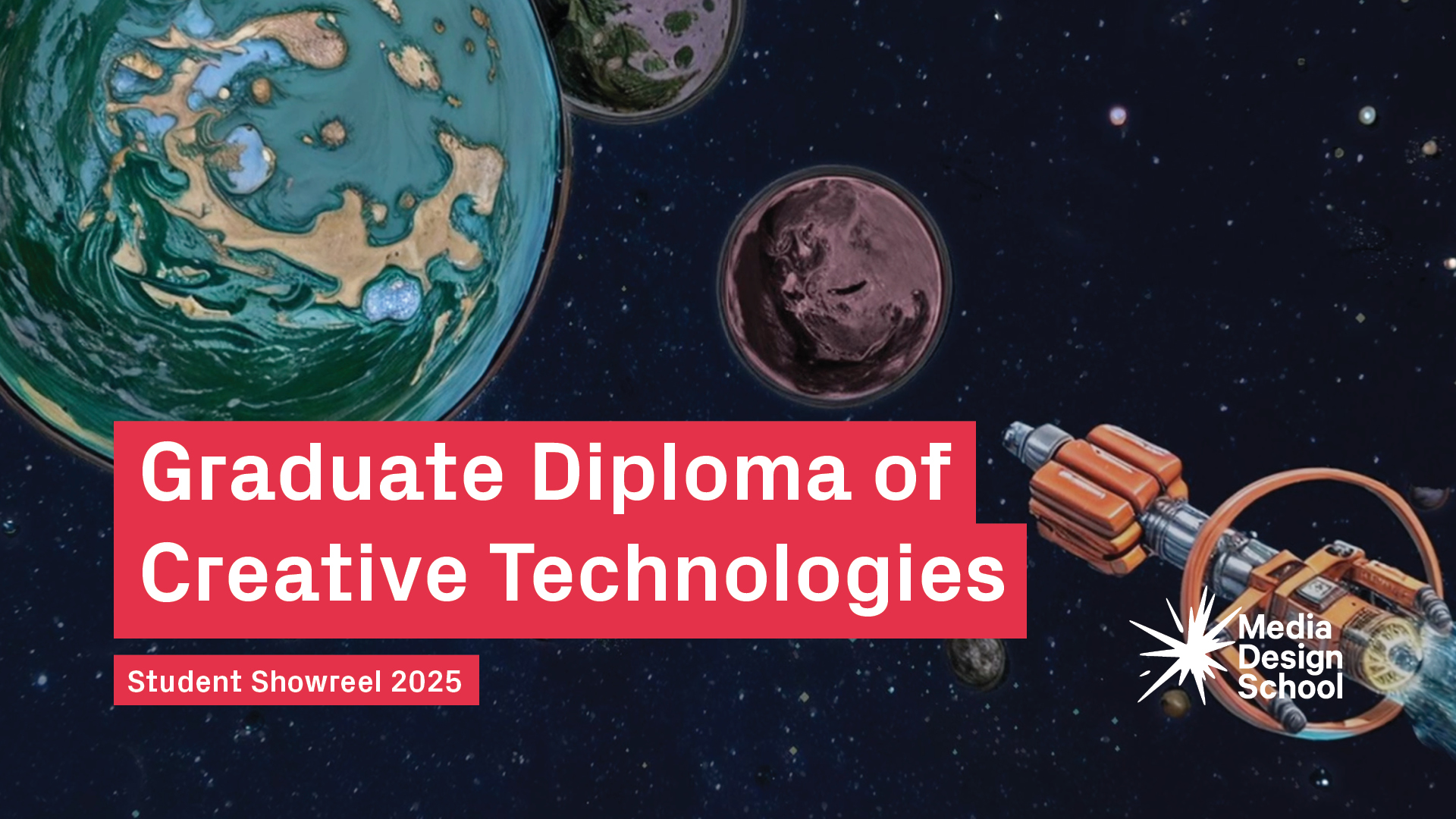Take your creative career to the next level with Postgraduate study at MDS.
Postgraduate study at MDS offers you flexible options for different levels, allowing you to advance your career while engaging in cutting-edge research and design. Whether you're exploring Creative Advertising, expanding into new digital disciplines, or pursuing a Master's, you'll be part of an innovative, collaborative space that nurtures your ideas and supports your critical and creative thinking.
You'll benefit from a studio-like environment that encourages creativity and risk-taking. With access to advanced technologies, expert advisors, and strong industry links, you'll gain real-world problem-solving skills that make you highly sought after in the creative industries.
Postgraduate courses
At MDS, our postgraduate programmes equip you to solve urgent social, environmental, and cultural challenges through creativity. Whether it’s designing for sustainability or developing innovative products, you’ll learn to create ideas that change the world, not just ads or designs that pass unnoticed.
Immerse yourself in a studio-like setting where you'll work with industry experts, use emerging technologies, and test your ideas on real-world briefs. Our programmes blend creativity with cutting-edge tools and processes, allowing you to experiment, fail fast, and ultimately succeed.
MDS provides an inspiring, collaborative environment where you can develop your ideas, working with like-minded creatives from across disciplines. Located in the heart of Wynyard Quarter, Auckland’s Innovation Precinct, you’ll enjoy the perfect blend of convenience and innovation.
Our graduates report increased confidence in leading cross-functional projects, engaging clients, and collaborating with colleagues. You'll leave with a deep understanding of contemporary design methods and a strong portfolio that makes you highly employable in creative industries worldwide.
Forget traditional academia. MDS's postgraduate programmes are designed for creative professionals who want practical, real-world learning. With a focus on industry-relevant challenges and applied coursework, you’ll be ready to grow your career - or even launch your own business.
Our programmes focus on hands-on, practical work, not abstract theory. You’ll build a portfolio that stands out, pitch to real clients, and receive feedback from industry leaders. By simulating the real-world creative process, you’ll develop the skills needed to succeed in today’s fast-paced design industries.



